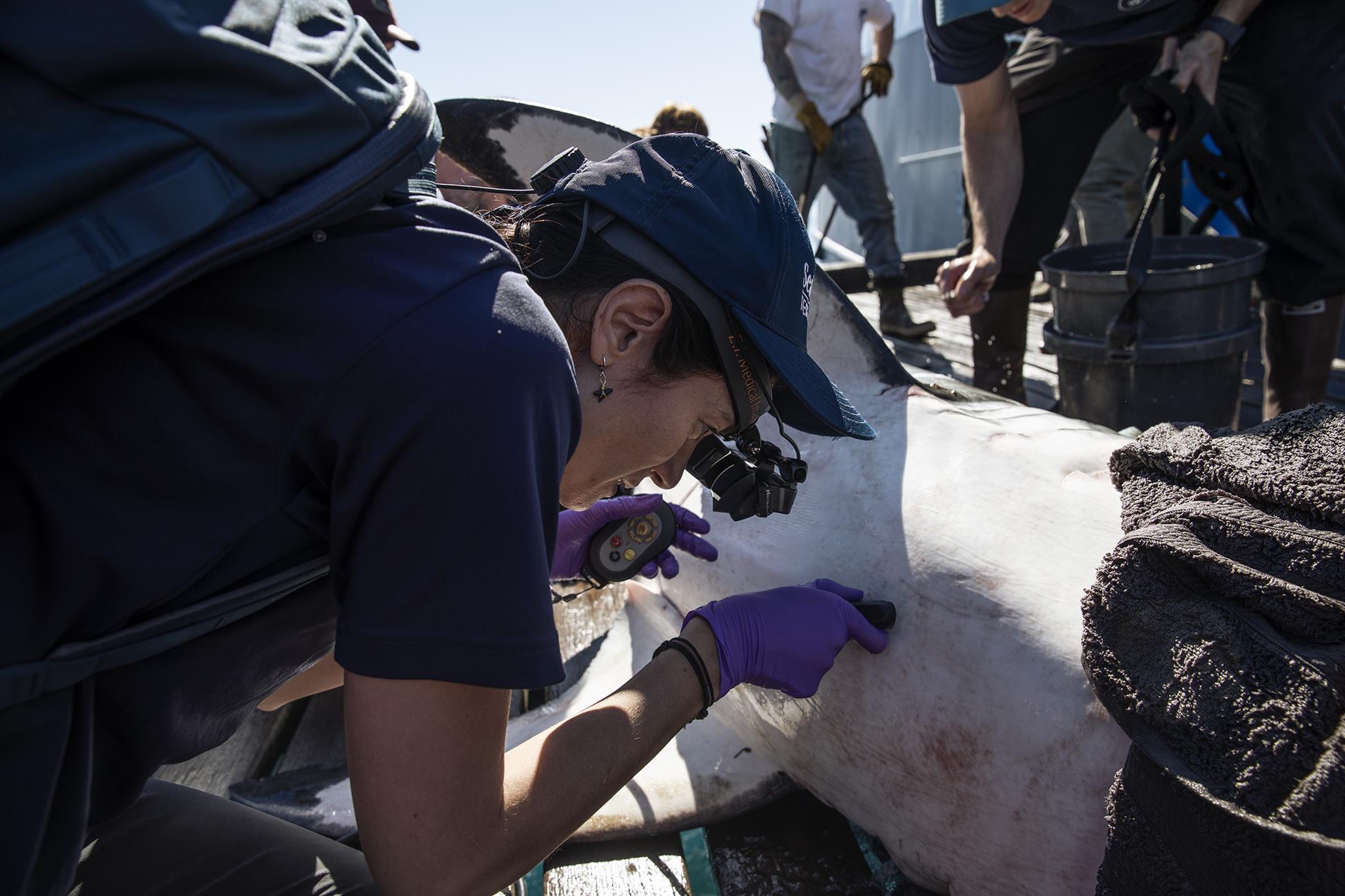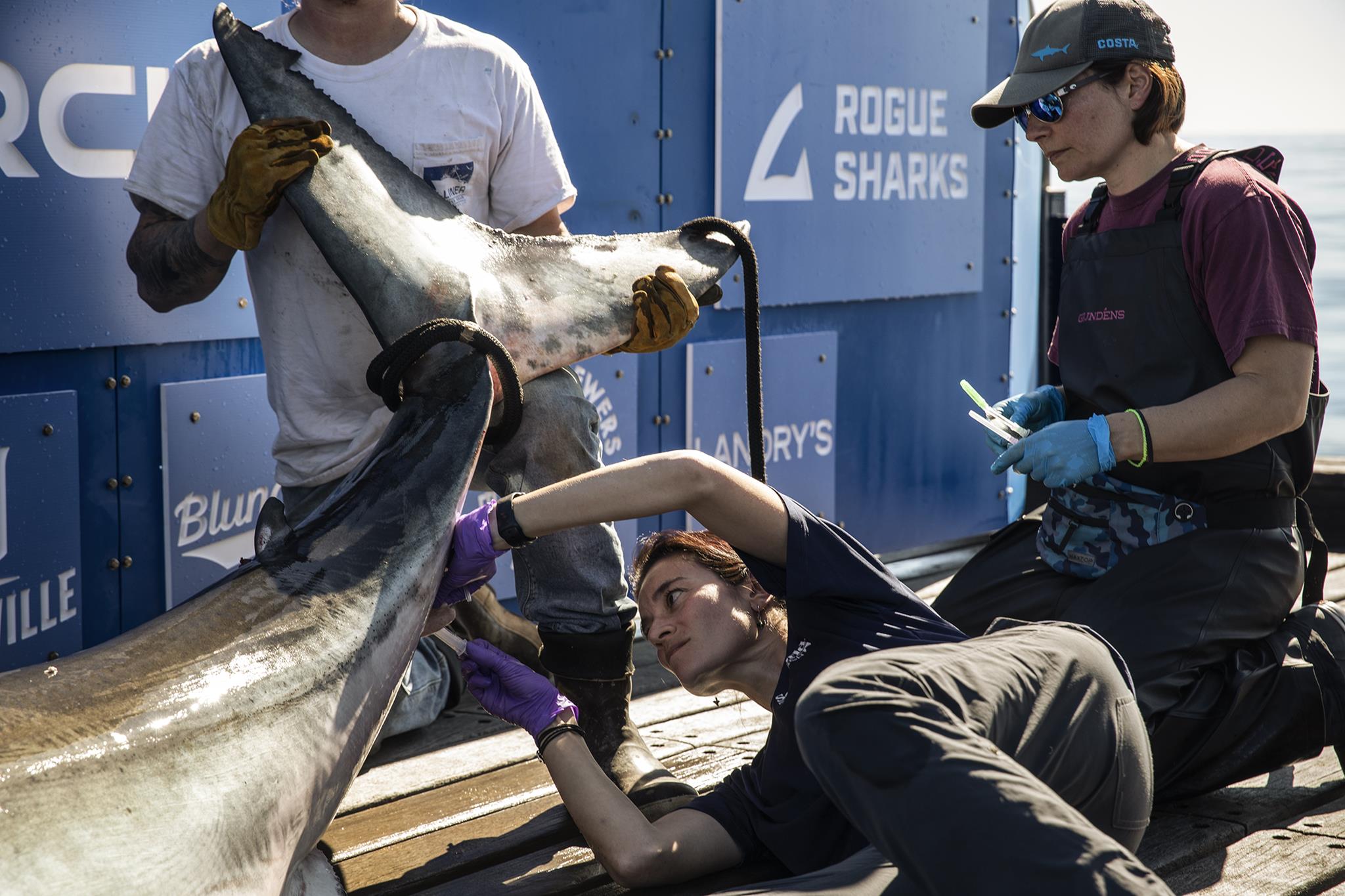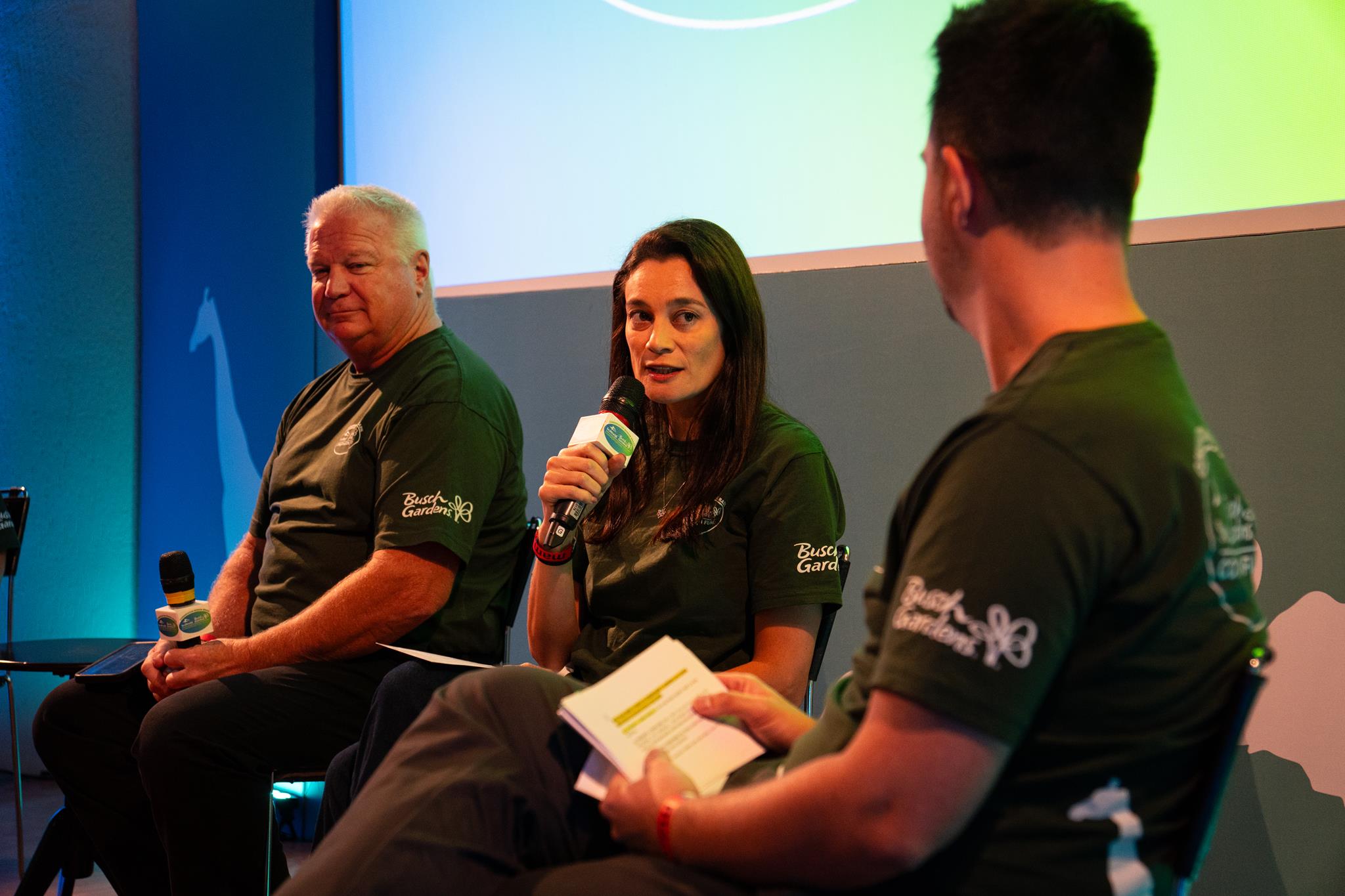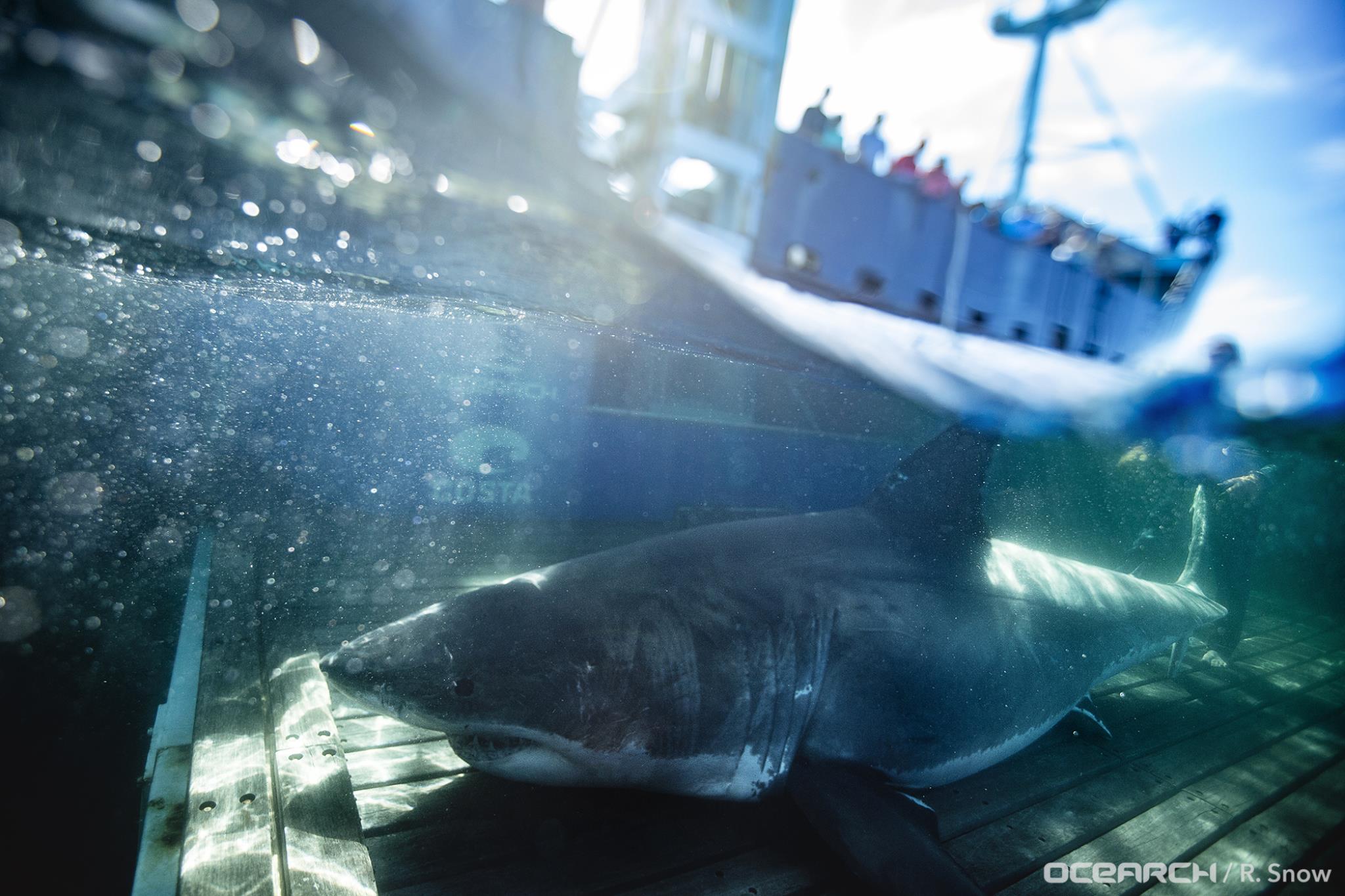In interview exclusive , Dr. Gisele Montano , veterinarian specialist in animal reproduction marine scientists and Director of Species Sustainability at SeaWorld, discusses you main challenges faced in the preservation of life navy , especially due to the impacts of actions human . Montano points out that pollution and overfishing they are you bigger ecosystem degradation factors marine , while highlights the importance of awareness environmental and the role of zoos and aquariums in the education about the local fauna.
What are the biggest challenges you face at Sea World in relation to the preservation of marine fauna, considering the impacts of human actions, especially working in a company that has so much recognition around the world?
In general, there are two main reasons why animals may need to be rescued and rehabilitated:
- There are natural problems, such as a harsh winter that can affect manatees or turtles, or the stranding of some cetaceans (dolphins).
- And there are human causes, such as manatees hitting boat propellers, or a bird getting its leg tangled in a wire.
In both cases, we try to provide immediate veterinary care, and to do this, we need both citizens and government officials to identify that an animal needs veterinary help. I would say that the real challenge is to raise awareness so that accidents can be avoided and so that they can identify when an animal is not displaying normal behavior. That is why I think it is important for everyone to know the normal habits of animals in their local fauna. Zoos and aquariums have a very important role in this scenario.
In your opinion, what are the main human factors contributing to the degradation of marine ecosystems today?
Pollution (garbage) and overfishing.

How does pollution, especially the disposal of plastics and other waste, affect the health of the marine animals you work with every day?
Garbage disposal can affect an animal’s growth if the garbage is strangling a fin, for example, cause gastric problems if ingested, or cause skin injuries if it is a net, for example.
Overfishing and the destruction of natural habitats have direct consequences for marine life. How do these activities affect ocean biodiversity?
Overfishing causes an imbalance in the food chain of the species in question and in their ecosystem. For example, overfishing of sharks causes an increase in the number of fish that were their prey, and the excess of that species consumes a very large number of smaller fish, for example. It is a chain reaction, and we cannot yet predict all the consequences. The destruction of habitats can cause species to look for another place to establish themselves, which would have an impact on the new environment. Or, if the species does not seek a new environment, its population may decrease because it will not be able to be self-sustainable in a habitat that is not ideal.

Gisele, in addition to being a veterinary researcher, you specialize in animal reproduction. What attracted you most to this field of study in relation to marine animals?
I fell in love with the subject of animal reproduction when I was in veterinary school. The first marine animals I worked with were dolphins. What attracted me to them was the ease with which we can study them, since they are trained to voluntarily provide biological samples. In other words, we can collect urine or blood for hormonal tests and also perform ultrasounds voluntarily, and thus see ovarian activity and the development of a pregnancy, for example. Lately, I have been working a lot with sharks, and what attracts me about this species is the complexity of reproduction. There are several types of reproduction (some species are viviparous, others are oviparous or ovoviviparous, and others even produce a type of placenta) and it is more difficult to obtain samples (we cannot train them), which makes the studies more difficult to complete. But since a third of shark and ray species are in danger of extinction, it is very important to study how they reproduce, as this is an essential part of their biology.
Could you share a specific case of rescue or rehabilitation of an animal that was severely affected by pollution or other human intervention?
In May 2022, SeaWorld rescued a female manatee and her newborn calf (who were named Reckless and Churro). She had been severely injured by a boat engine propeller (an unfortunately common accident in Florida), which left her with compound fractures in her left flipper. Reckless underwent a total of 9 surgeries including amputation of her flipper and repair of the damaged tissue. She and her calf were in SeaWorld ‘s care for 20 months before they were able to be released into the wild.

How can environmental education play a role in reducing human impacts on the oceans and wildlife, and what does Sea World do to promote this awareness? Do you believe that awareness has actually had a positive effect on improving the treatment of marine wildlife?
Environmental education is essential for preserving our planet’s natural resources. Both children and adults need to know the consequences of human impact on the oceans. All of SeaWorld ’s attractions are themed around an animal or environmental issue, such as water conservation, melting glaciers, and more. In addition, our animal shows convey important information about conservation, and our animal habitats have informational signs throughout the park, and we have staff who explain to visitors about the animals and how we can help preserve natural habitats. I do believe that this type of information and tours of aquariums and zoos have a positive effect on both adults and children in raising awareness about marine fauna. We can already see that people care more about the environment today than they did years ago. It is very important for children to come into contact with animals and plants, so that as adults they can do what they can to protect them.

Looking to the future, what immediate actions do you believe should be taken, by both governments and individuals, to better protect marine ecosystems and their species?
Reduction of pollution in oceans (removal of existing waste, alternatives for disposal, monitoring); regulation of fishing to make it sustainable; more institutions for the rehabilitation of marine fauna.
Follow Dr. Gisele Montano and SeaWorld on Instagram





